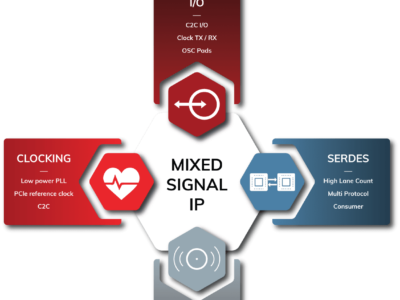
Research specialist Qamcom joins European partners in 6G drive
Bringing together a number of technologically advanced European partners, the Hexa-X research project aims to develop the next generation of mobile networks, namely 6G or sixth generation. The project, which is EU-funded, is expected to start in January 2021 and last for about two and a half years. The purpose of the project is to lay the foundation for a global standard and to define principles for the 6G system itself – which will serve as a base for the entire telecom industry and its future services and products. On a more philosophical level, the project’s purpose can be described as technology connecting our human and physical world with the digital world. Qamcom’s research will focus on localisation and network optimisation.
Today, wireless connectivity is critical for all of society as well as for the economy. The overall goal of mobile network development has always been to satisfy people’s desire to be able to communicate anywhere and anytime. It is widely believed that 5G will pave the way for digitisation and technological transformation to not only take off, but to fundamentally change entire industries and society at large. Something which will be achieved through connected, automated, and smart processes on a broad front. With 6G, it will be possible to challenge the limits of what is possible and unleash further enormous potential. In addition to intertwining the physical and digital world, the technology will also work for and help achieve the UN’s and EU Commission’s sustainability goals.
“As a progressive company driven by development, we have neither the desire nor the luxury to stop. We, like the world, are in constant motion and need to look ahead and focus on the future. In this case, the future is 6G. We see it as a great honour and a fantastic opportunity to be involved in laying the foundation for a new generation of mobile networks. Qamcom will be able to contribute with qualitative research based on cutting-edge expertise and many years of experience within telecom and wireless connectivity,” says Andreas Wolfgang, Technical Development Manager at Qamcom. “Being involved in this type of innovation project is incredibly rewarding in itself, and the fact that the project also strives to contribute positively to our biggest global challenges right now makes the endeavour feel even more worthwhile,” Andreas concludes.
Six research challenges have been identified in order to lay the technical foundation for 6G —connecting intelligence, creating a network of networks, globalisation and accessibility, performance and capacity, credibility and integrity, and the sustainability perspective. These challenges will direct and steer development work, creating a common goal. In addition to Qamcom, companies such as Nokia, Ericsson, Intel, Orange, and Siemens are also involved. Universities involved in the project include Chalmers and the universities of Helsinki, Dresden, Kaiserslautern, Pisa, Turin, and Oulu.
https://hexa-x.eu
www.qamcom.com/hexa-x
Further reading
Breaking the reciprocity law enables smaller microwave devices
Gold-covered graphene opens route to 6G radio on CMOS process
6G D-band frequencies characterised in OTA setup
Next G Alliance launches to drive North American leadership in 6G
Low cost, high data rate terahertz receiver developed for 6G
 If you enjoyed this article, you will like the following ones: don't miss them by subscribing to :
eeNews on Google News
If you enjoyed this article, you will like the following ones: don't miss them by subscribing to :
eeNews on Google News




